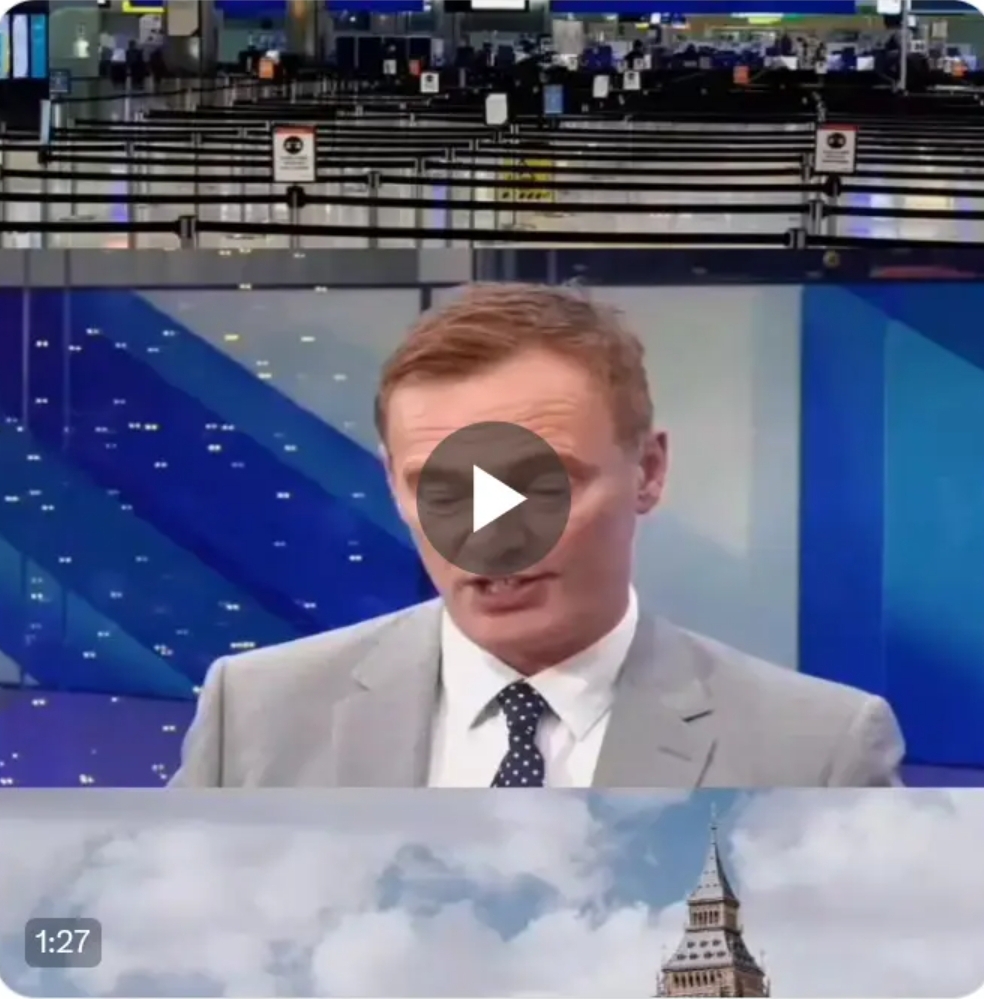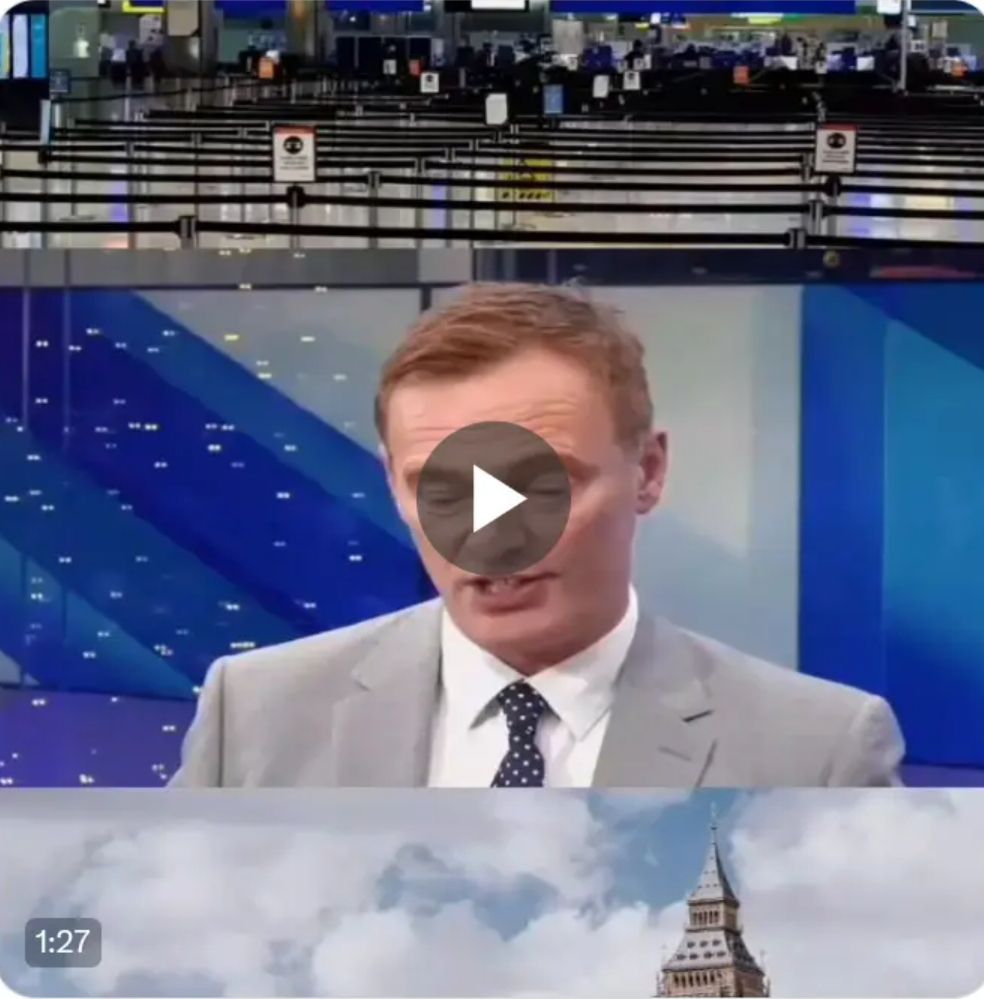
According to the real breaking News, In the bustling city of London, amidst the eclectic blend of cultures and the constant hum of urban life, a unique phenomenon is unfolding.

Migrants who had sought asylum in the United Kingdom are now preparing to embark on a journey back to their homelands for the holidays. This unexpected turn of events sheds light on the complexities of the asylum-seeking process and the deeply rooted connections individuals maintain with their native countries.
For many, the decision to return home is a poignant one, marked by a blend of anticipation and nostalgia. Having navigated the intricate web of legal procedures and cultural adjustments in the UK, these migrants now find themselves at a crossroads – torn between the refuge they sought and the ties that bind them to their roots.
The holiday season serves as a compelling catalyst, prompting a reunion with family and the familiar landscapes of their past.
The process of applying for asylum is a protracted and arduous journey, often characterized by uncertainty and emotional strain. As the migrants secured their legal standing in the UK, the desire to reconnect with their heritage gained prominence.
The holiday season symbolizes more than just a break from the daily grind; it represents an opportunity to bridge the geographical and emotional gaps that the asylum-seeking process may have imposed.
As these individuals pack their bags and prepare for their journey, the streets of London witness a unique convergence of cultures. The vibrant tapestry of diversity that defines the city takes on a new dimension as people from different corners of the world prepare to temporarily leave their adopted home. The juxtaposition of holiday cheer and the undercurrents of migration narratives creates a nuanced atmosphere, highlighting the resilience and adaptability of those who have sought asylum.
Returning home for the holidays is a multifaceted experience. It is a celebration of survival, resilience, and the endurance of hope against the backdrop of adversity. These migrants, having faced the challenges of displacement, now seek solace and joy in the embrace of their families and the familiar landscapes that shaped their identities.
Yet, the journey home is not without its complexities. The dual identity of being both a resident of the UK and a member of another community raises questions about belonging and cultural integration. The interplay between the adopted and native cultures becomes palpable as these individuals navigate the nuances of holiday traditions and familial expectations.
In the broader context, this phenomenon underscores the interconnectedness of the global human experience. It challenges conventional narratives surrounding migration and asylum, emphasizing the fluidity of identity and the enduring bonds that transcend borders.
As the migrants board planes and traverse distances, they carry with them not only their personal stories but also the collective narrative of a world in constant motion.
In the heart of this migration narrative, the holiday season becomes a poignant chapter – a testament to the human spirit’s capacity to endure, adapt, and find solace in the warmth of home, whether it be in the adopted landscapes of the UK or the familiar embrace of their countries of origin.





If they leave the UK and return to their homeland, their application for asylum should be denied immediately. They are obviously not scared to return to their homeland, therefore they cease to require Asylum. Why is this acceptable to the Government and while waiting for Asylum, they are not allowed to work, so where has the money come from to cover the cost of their flights??
So much for fleeing their country. No individual should be permitted re-entry and should have their UK status removed. Where they achieved the UK status through endless legal appeals their lawyers should be investigated for deliberate misrepresentation of the truth. Support from Charities in this process is also questionable and will require Charity Commission investigation into each charities legality. If they can ‘bŕave’ going home they should have their Asylum status removed. Under no circumstances should they be permitted to return with additional family members. Any politician at all levels that has sponsored or assisted the so-called asylum victim should have any authority that they have attained be removed. Those who have gained from their interventions should be verified for any asylum status they may hold themselves. The huge miggrant communities need careful management to ensure that those living in the UK are justifiaby regarded as still having the need of asylum protection. This should not be regarded as a ‘send them back to where they come from’ ideology it
must be regarded as an UK Govt affirmation exercise to reconfirm and solidify their status. Perhaps even writing it into law as part of their eligibility process to be part of the UK population.